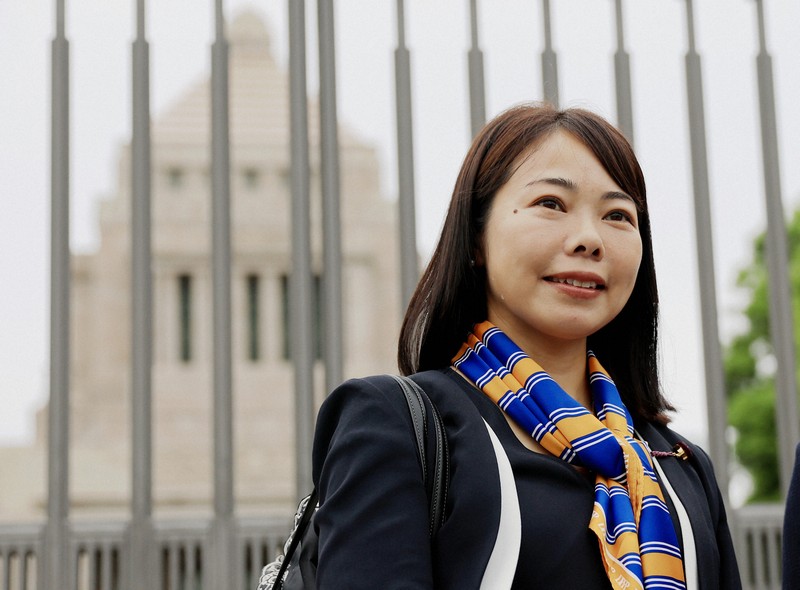A surprising turn of events appeared in the world of Japanese politics when Nation's minister, Kobayashi, mistakenly cast his vote for his colleague, TaKashi. This incident has sparked controversy and discussion over the efficiency and accuracy of voting regulations in Japan, and how this unintentional lapse could have broader implications on political decision-making.
Voting in Japan is treated with high seriousness and importance, as it has a significant influence on the country's lawmaking decisions. This incident has stirred numerous debates around the efficacy of voting systems and the necessary revisions required in their guidelines. Social values such as fairness and accuracy are being discussed, as well as highlighting the importance of each vote in shaping the country's political landscape.
In comparison to the U.S or the EU, voting mishaps of this nature are not commonly seen at such high levels of governance. These areas have stringent checks and balances in place to avoid such incidents, thereby ensuring the sanctity and accuracy of each vote cast. However, human errors can occur anywhere, and when they do, they spur discussions on additional safeguards.

